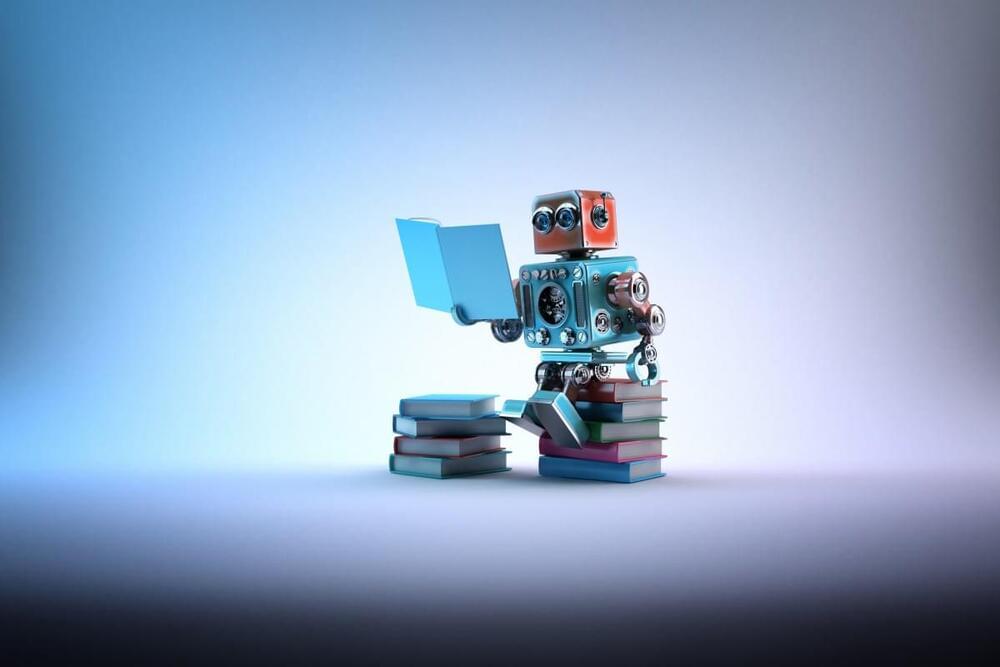Last week, Facebook founder Mark Zuckerberg announced that he’s going to purchase hundreds of thousands of expensive AI processing chips — and experts are mighty worried about what he plans to use them for.
In the same Instagram post announcing his planned purchase of 350,000 Nvidia’s H100 graphics chips, which average about $30,000 apiece and are considered the gold standard for powering AI models, Zuckerberg said that he wants to build an open-source artificial AGI, the industry term for the point at which AI reaches or even surpasses human-level intelligence.
While there’s still an open debate about whether AGI is even possible, the prospect itself is enough to give some researchers pause.








